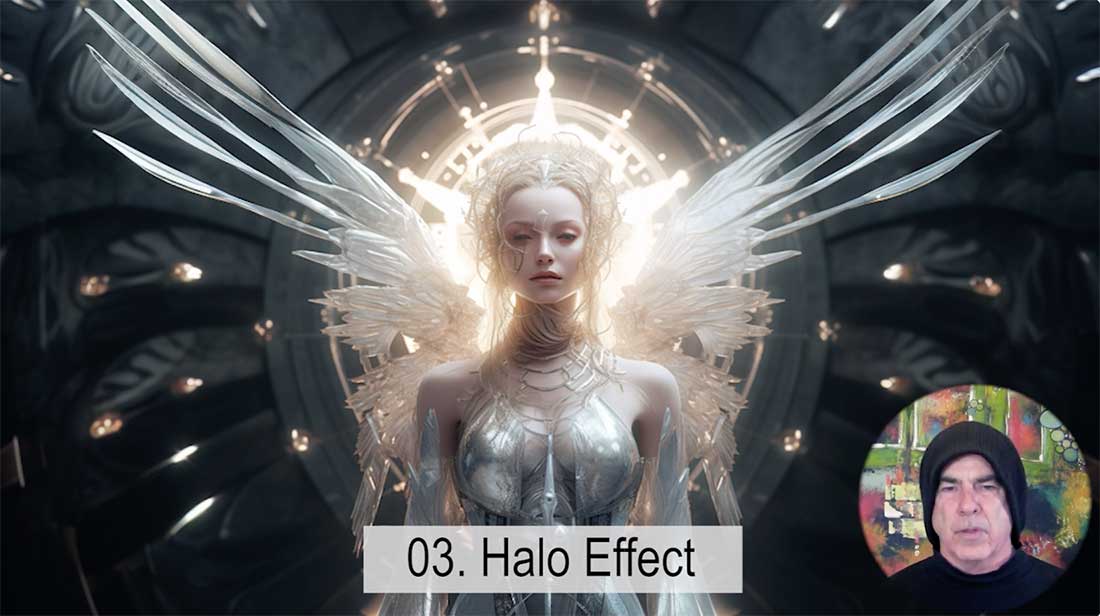
Cognitive Biases that Distract Us in Sports Betting
The third part of our series is a list of Cognitive Biases that can distract us when betting on sports.

Downtown Ricky Brown
July 7, 2024
Table of Contents:
1. Bike Shedding
This bias is the tendency to focus too heavily on trivial issues while ignoring the important ones. If a politician misspeaks, for example, opponents will camp out on trivial misstatements and overlook the most critical issues she stands for.
Let's say there's some talking head in sports media ranting about quirky trivia like, "This baseball pitcher has won his last three games played on the night of a full moon!" Or, "This golfer is wearing his red shoes today. The last time he wore those red shoes, he won by three strokes!" While this kind of exotic trivia is curious fodder for retail bettor, it can distract you from focusing on the crucial data required for successful sports betting.
2. Sunk Cost Fallacy
Sunk costs do influence people's decisions. It rears its head when people continue a losing endeavor after making an investment. The Sunk Cost Fallacy compels people to throw good money after bad while refusing to cut their losses.
For example, I once bought a vintage Datsun 280z that was constantly breaking down. But I was emotionally attached to the car, and after sinking so much money in repairs, I didn't want to sell it for a loss. So, I kept pouring money into this lemon until the financial pain reached ridiculous, and I had to dump the car for a considerable loss.If only I had dumped it after the second or third unexpected repair.
You'll see the sunk cost fallacy in sports betting when people stay with a losing model or follow a losing handicapper for too long after making a significant time or monetary investment.

3. Halo Effect
Next is the Halo Effect. Like the Availability Bias, it comes into play when we place more significance on events that are easiest to recall. The Halo effect can skew your judgment if the first information you receive on a match is a mainstream media narrative with a glowing review on how great a particular team is. These kinds of reports can skew your judgment.
Research up to three counterarguments to the prevailing narrative to combat the Halo Effect. Also, examine objective data with a large sample size. Otherwise, you can fall into the sports media's love affair with a particular team as their emotional reactions work them into a positivity frenzy.
Reverse Halo Effect
This bias occurs when a bettor overreacts to the first negative information they receive.

4. Green Lumber Fallacy
Nicholas Nassim Taleb coined the term "Green Lumber Fallacy." The name comes from a successful green lumber trader who knew nothing about green lumber. He thought he was trading wood painted green, not freshly cut timber. However, because he was such a skilled trader, it didn't matter that he didn't know his product.
This fallacy can occur when sports bettors confuse a specialist's sports knowledge with that of a sports betting expert. When wagering on sports, it's important to remember that understanding the probabilities and risks in betting can be more important than knowing the sport itself.
You should consider this fallacy when watching retired sports stars flogging touts and tips in betting columns. Even if someone has professional sports experience, it doesn't make them an expert bettor in that sport.
Remember, the green lumber trader knew nothing about green lumber, but he did understand trading and sales.
5. Effort Justification
Effort justification is the tendency to place greater value on an outcome that requires much personal effort. An example would be the "IKEA Effect." People will put a higher value on a piece of furniture they assemble.
Another example of Effort Justification is when TV chef Gordon Ramsey tries to rescue a failing restaurant. The owner will inevitably get defensive towards Ramsey's critiques and proposed changes. "But I've worked so hard building this restaurant. How can I throw away all my hard work to make these changes?"
Effort Justification can result in a bettor defending a failing model. "Oh, but I put so much time into building this model! I can't change it now!" If your model doesn't work, it doesn't work, period. Regardless of how much effort you put into building it. So, stay focused on results, not hard work.
The Cognitive Biases in Sports Betting Series:
- Introduction
- Confidence Biases
- When the Data Fools You
- Biases that Distract Us
- Feel Good Biases
